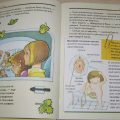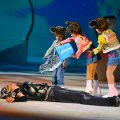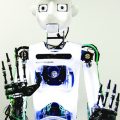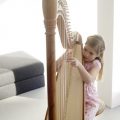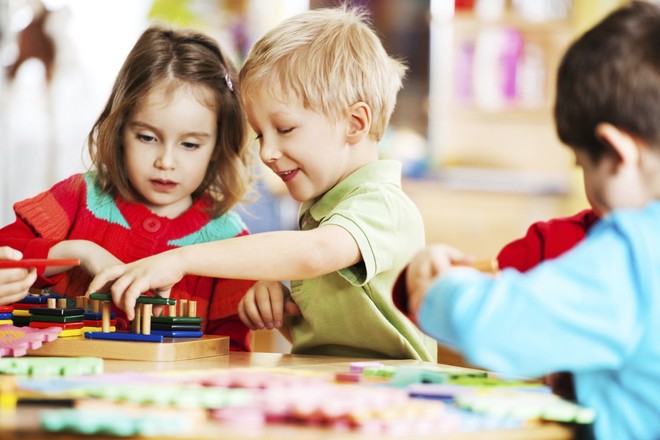 Developing games in kindergarten prepare a child for school and train his intellectPhoto: Getty
Developing games in kindergarten prepare a child for school and train his intellectPhoto: Getty
The purpose of developing games in kindergarten
Play activities in preschool institutionsis present in all routine moments. If in real life the child refuses to comply with the demands of an adult, then in the game he voluntarily obeys the rules. At the same time, a model of correct behavior is unobtrusively created, thinking, imagination, and initiative are developed. Educational games for children in kindergarten are based on the principle - the teacher organizes the activity, the child finds his own path to realization. This encourages him to independently develop the game plot, that is, to self-study. Educational games in kindergarten perform important functions:
- increase children's activity in a group;
- combine play and learning;
- introduce the rules of conduct;
- instill respect for the opinions of other people;
- develop communication skills;
- suggest optimal options for getting out of current situations.
How can we organize the game and get kids interested in it?
Developing games in kindergarten
Games are divided into categories, each of which is important for the comprehensive development of the child:
Educators who make educational games inin kindergarten with their own hands from surrounding objects, they can play out several scenarios with one sensory panel made of plastic lids, multi-colored clothespins, laces, buttons depending on the individual characteristics of the child. The difference between such activities and home games is that they are conducted under the supervision of a teacher who can correct physical, mental and speech defects, and the game process reflects the school atmosphere as much as possible.





